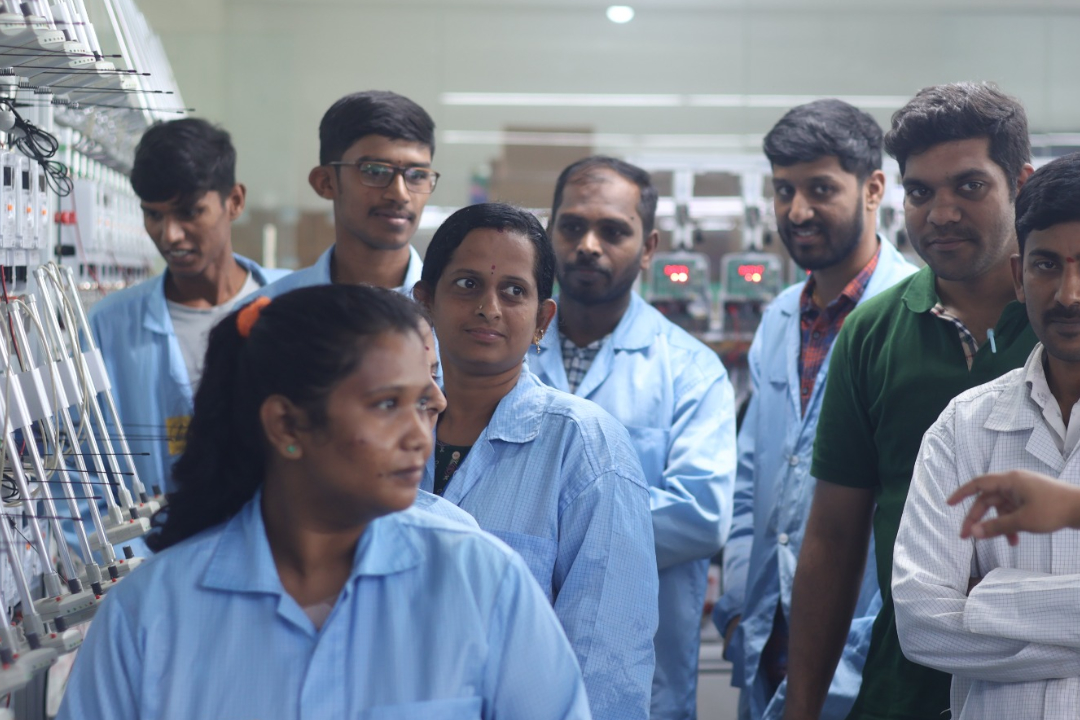In the last decade, the manufacturing sector has experienced a technological revolution. Innovations such as automation, artificial intelligence (AI), and the Internet of Things (IoT) have redefined production processes, requiring a continuous evolution of skills. Upskilling has become imperative for workers to remain relevant in this rapidly advancing industry.
A recent study from the Massachusetts Institute of Technology (MIT) highlights that advancements in AI and automation are progressing at rates exceeding 200% per year (MIT News). Today’s manufacturing environment demands skills in robotics, data analytics, cyber-physical systems, and additive manufacturing (3D printing). Moreover, knowledge in cybersecurity, supply chain management, and sustainable practices is becoming increasingly important.
The integration of these technologies necessitates multidisciplinary knowledge. For instance, an engineer might need to understand both mechanical systems and software development to manage smart manufacturing systems effectively. This blend of skills ensures a more agile and responsive production environment.
Women’s participation is also expected to be highly relevant. As the sector evolves, there is a growing recognition of the value of diverse perspectives in driving innovation.
Encouraging women to enter and thrive in manufacturing roles can address skill shortages and foster inclusive growth. Initiatives aimed at promoting STEM education and training for women are critical in bridging the gender gap and enhancing industry diversity.
Neglecting Upskilling can have Severe Consequences
Employees risk job redundancy and limited career advancement, while businesses face decreased productivity and competitiveness. McKinsey reports that companies investing in continuous learning and skill development are more innovative and better positioned in the market (McKinsey & Company).
Data from the World Economic Forum underscores that the most successful manufacturing firms are those that cultivate a culture of perpetual learning (World Economic Forum).
Upskilling is not just a strategy for growth; it’s a critical necessity for survival in the modern manufacturing landscape.







